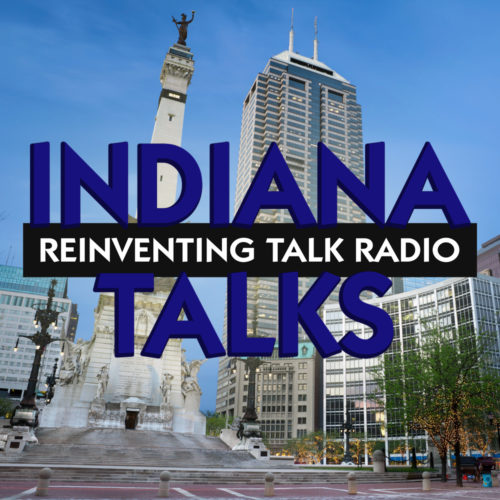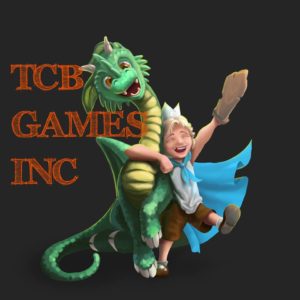Hated or Loved, Castro’s Consequential Legacy Part of History
 |
| Fidel Castro |
Fidel Castro died on Friday.
To me, Castro was a tyrant. He was a dictator. He held his country and his people back, and he had an unending hatred for what we would call democracy. To exiled Cuban refugees and their families, Castro was like Satan.
That Castro was the fiery revolutionary who could captivate or alienate an audience. That Fidel Castro seemed too mean to ever die.
One of the most consequential people of his time, Fidel Castro is gone at 90 years old. In death, as in life, he leaves many with much to think about and many emotions to experience.
Source: Indy Democrat Blog
About author
You might also like
Malaysia Airlines Flight 370: More Debris And Confusion Over Findings
By Bill Chappell Malaysian officials say a wing fragment found on Reunion Island is from the missing Flight MH370; French investigators say they’re almost — but not quite — certain.
Remembering Woody Rau
By Emily Taylor ComedySportz original, playwright and the best goddamn karaoke and trivia host around by Emily Taylor Woody Rau passed away on July 2, leaving some big shoes to
Google And Samsung Will Now Release Monthly OTA Android Security Updates
By Frederic Lardinois Earlier today, Samsung announced that it would now provide security patches for its Android devices “about once per month.” In addition to Samsung, Google also today announced






